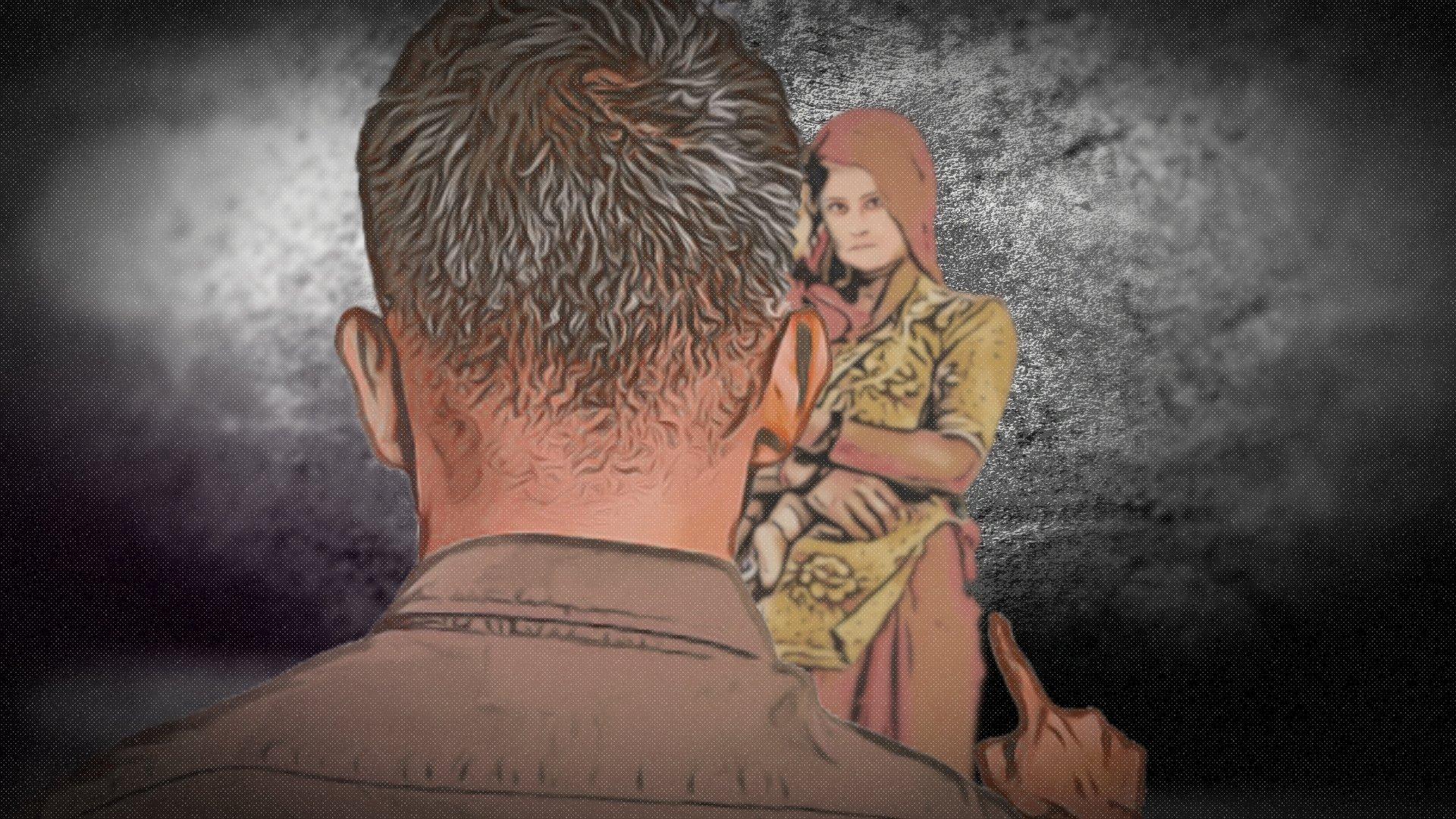Domestic abuse charities predict call spike post-lockdown
- Published
'I spent lockdown in a women's refuge'
Charities supporting victims of domestic abuse have said they expect an increase in people seeking safety as lockdown eases.
Women's Aid in the West Midlands said it had seen 30 referrals for refuge since lockdown restrictions were eased.
It has been one of 100 charities in England sharing £8.1m government funding, external aimed at supporting victims and providing more refuge spaces.
It follows a surge in calls to helplines since lockdown began.
Charities had warned the lockdown could heighten domestic tensions and cut off escape routes.
At one refuge in the West Midlands, women have been recording their experiences to help others in a similar situation.

'I felt unsafe in my own home'
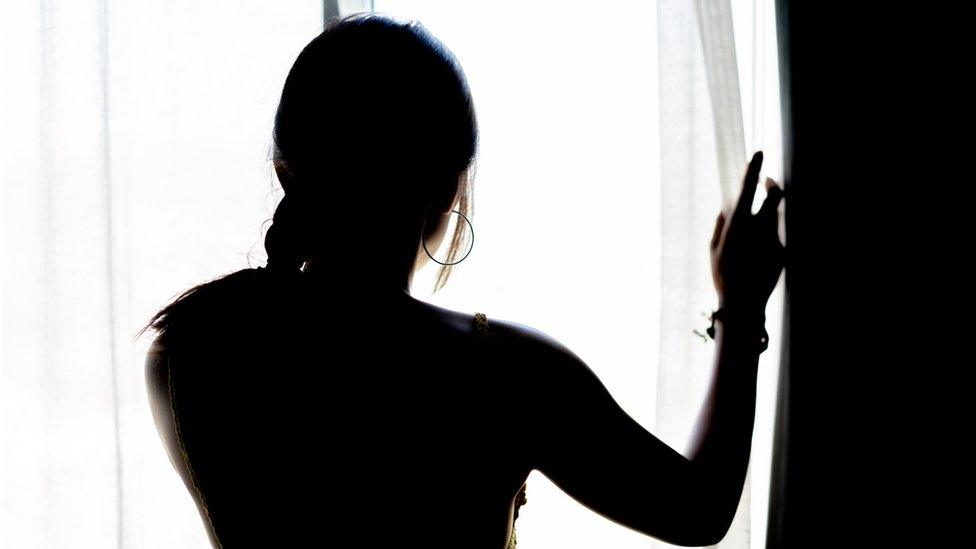
The woman told the BBC how hard it had felt being unable to leave the house
A woman who came to the refuge with her child after starting lockdown living with her partner said isolation and the inability to leave home had removed her freedom to communicate with loved ones. She told the BBC "every day was a challenge".
"To deal with the controlling and coercive behaviour from my partner on a daily basis brought me to the point of feeling so broken and I was so close to giving up," she said.
"I felt very much alone and unsafe in my own home. Because of the government's lockdown rules and shortage of services running, I felt I was completely restricted from any route of safety or support.
"One day my partner went out and I decided to call a Women's Aid helpline. I was given safety advice and eventually a plan to leave my home with the opportunity to come to a refuge.
"Coming to the refuge wasn't an easy choice and at first [was] overwhelming. However, due to receiving continuous support, advice and reassurance from my support worker and staff, my child and I now feel much safer and happier during these worrying times."
'I had no existence'
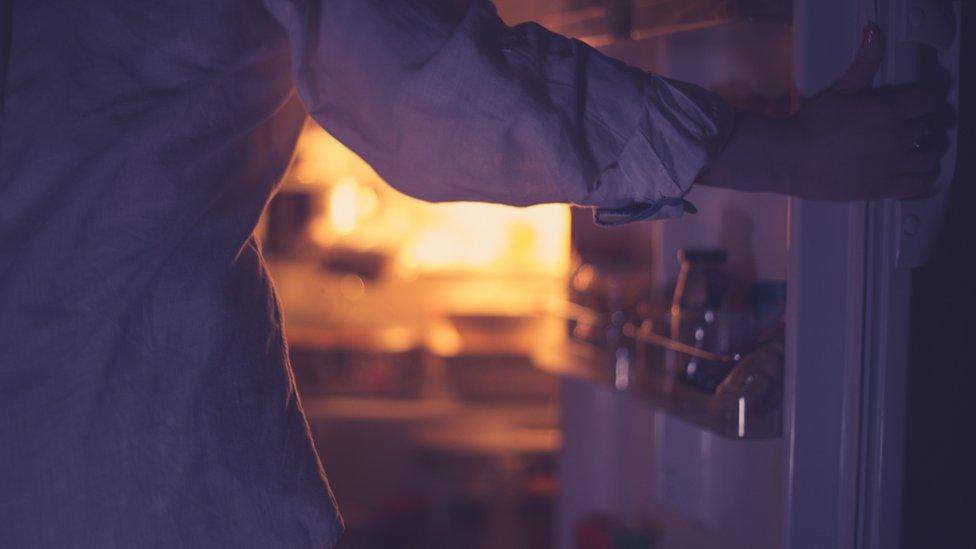
The woman said her partner had controlled many aspects of her life, including what she could eat
Another woman at the refuge said she arrived there just as the lockdown restrictions were beginning to take shape.
She said for years her partner had controlled her life - when she went to work, money, what she ate and where she could and could not go.
"I had no existence, I wasn't anybody," she said. "I was just there for his purpose, for his use.
"My life was being controlled, no friendships, no family, no nothing, it was just everything on his say-so, really.
"I knew that there would be a time that I wouldn't be able to cry for help or tell anybody, I just felt the need to get out and save myself, because if I didn't, I could see myself being seriously harmed.
"As soon as I walked through those doors, I felt very safe. I am grateful that Women's Aid are here and were available to take me in and support me through the lockdown, support me through everything.
"The staff used to still phone me every day to see how I was, if I wasn't sleeping throughout the night, I could talk to them.
"I've got my personality back, I'm me again. I can have a laugh and a joke and share funny things without feeling silly for saying these experiences.
"I just feel like a brand new person, I don't feel judged. I feel like I've got a purpose."

Chereene Love, who works for Women's Aid in the West Midlands, described refuge services as a "lifeline to people and the difference between life and death".
But, she said, most refuges in the country were already full.
"Our priority is finding safe accommodation and refuge space for the people who are in need of it," she said.
The charity is one of those who have been successful accessing some of the additional funding to expand its services.
The government funding, which it said was part of a wider package of support to help survivors of domestic abuse over the coming months, will fund more than 1,500 refuge spaces - including 200 for the West Midlands.
If you, or someone you know, have been affected by domestic abuse or violence, the following organisations may be able to help.

A SIMPLE GUIDE: How do I protect myself?
AVOIDING CONTACT: The rules on self-isolation and exercise
HOPE AND LOSS: Your coronavirus stories
LOOK-UP TOOL: Check cases in your area

Follow BBC West Midlands on Facebook, external, Twitter, external and Instagram, external. Send your story ideas to: newsonline.westmidlands@bbc.co.uk , external
- Published27 May 2020
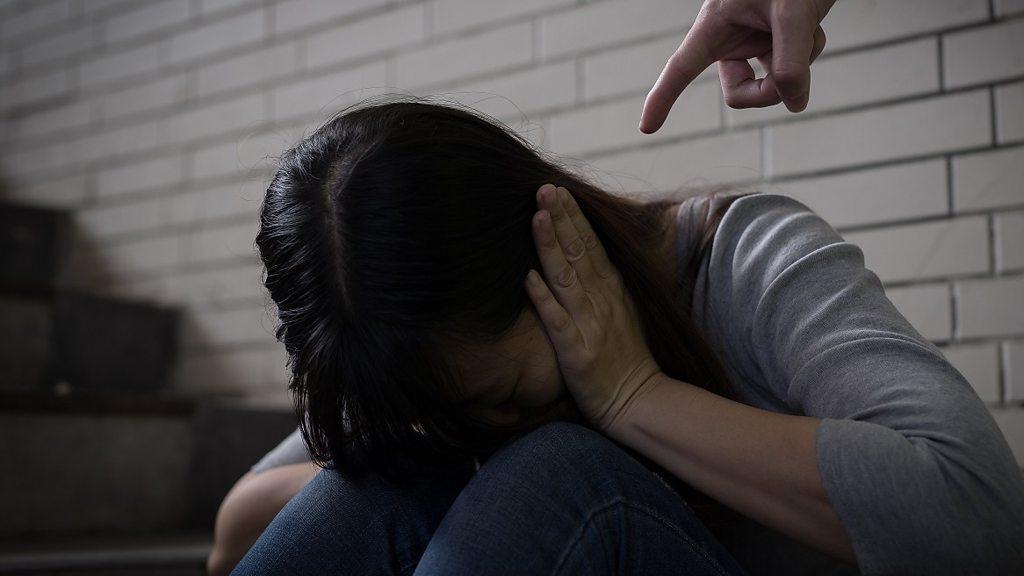
- Published2 May 2020
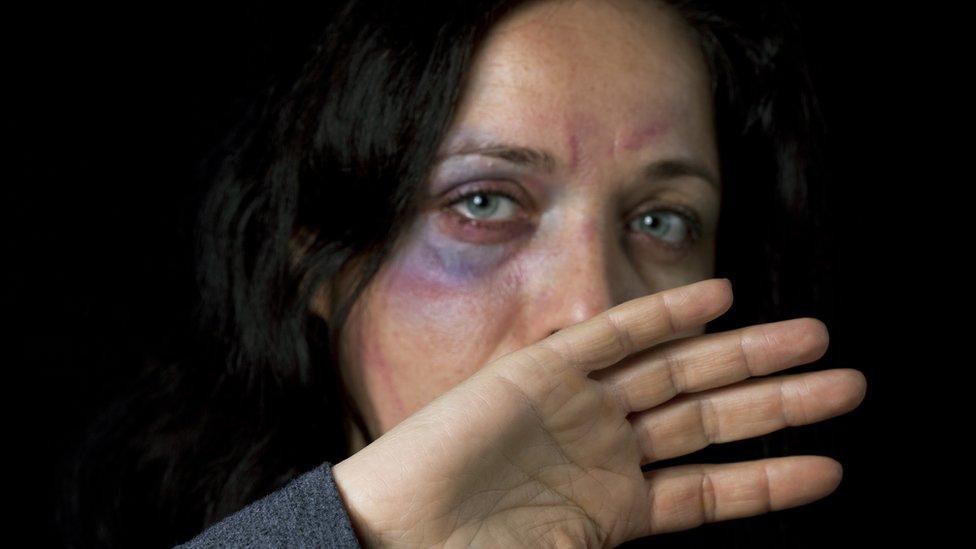
- Published1 May 2020
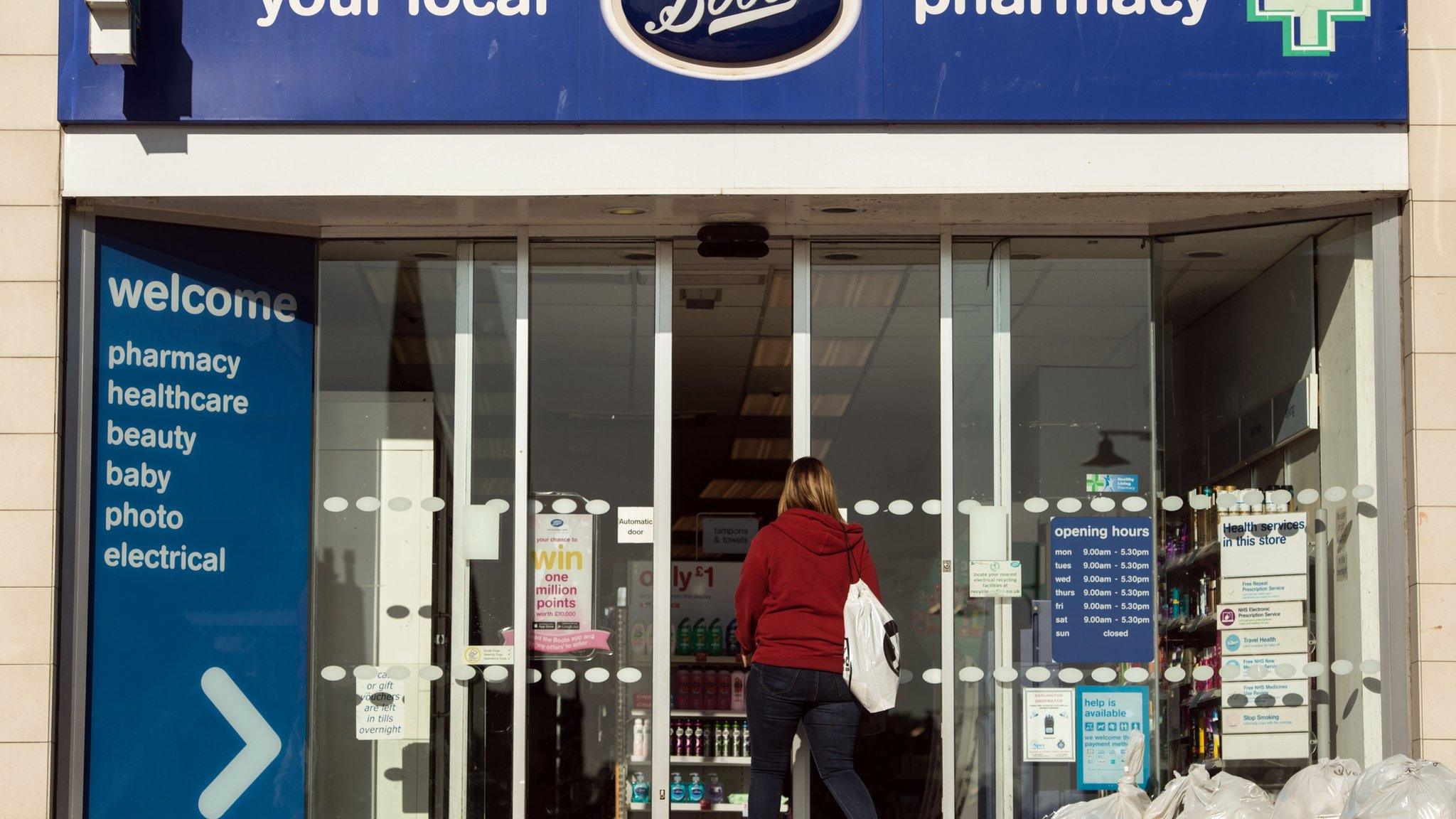
- Published28 April 2020
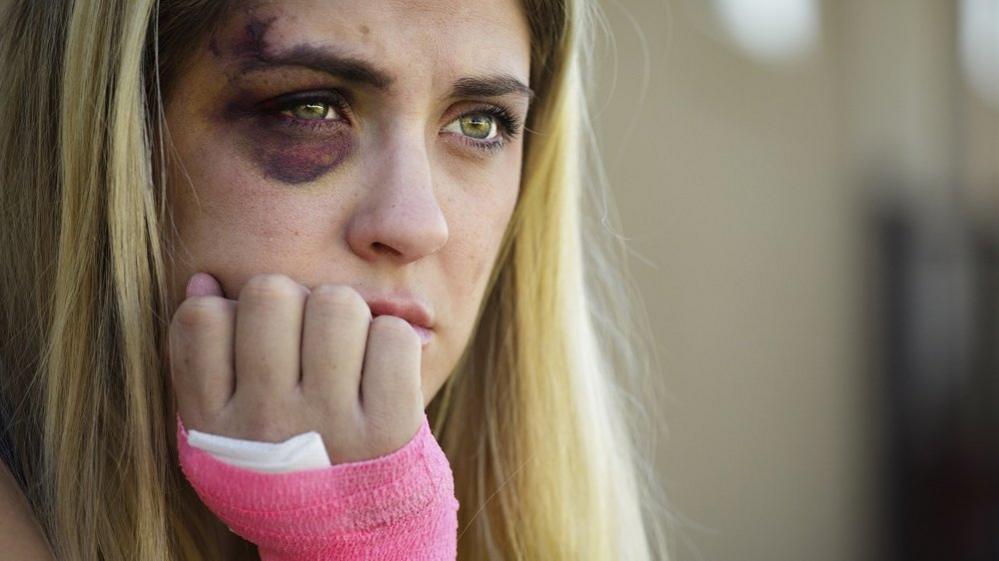
- Published27 April 2020
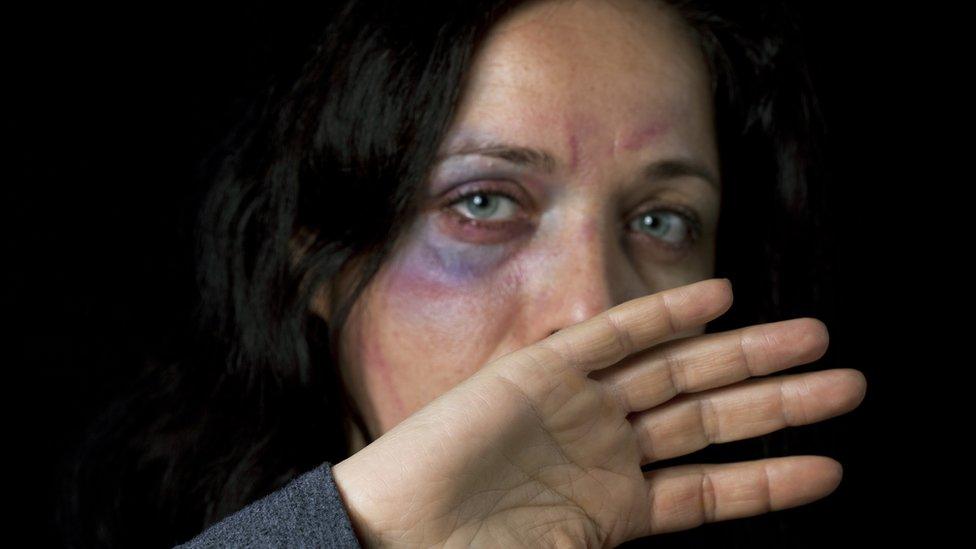
- Published6 April 2020
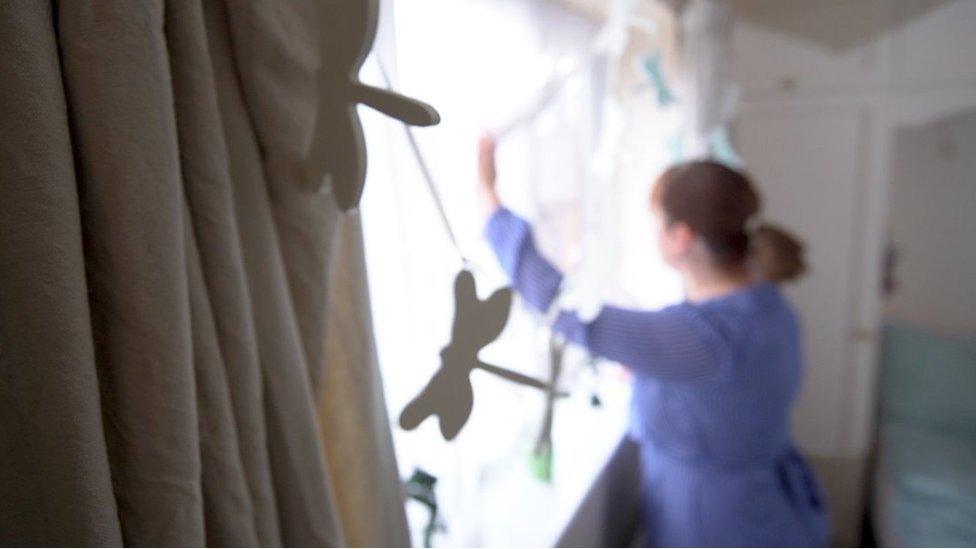
- Published31 March 2020
